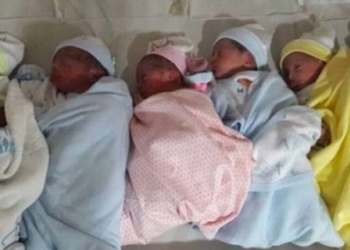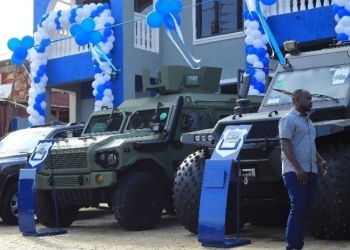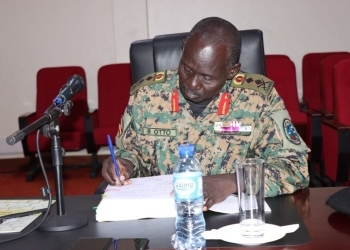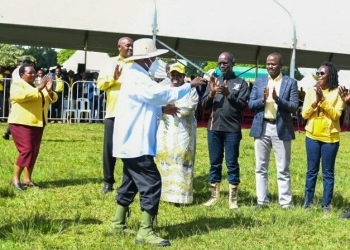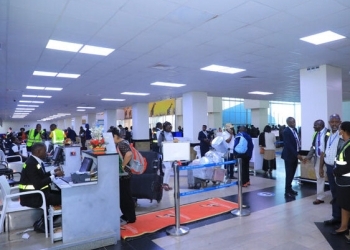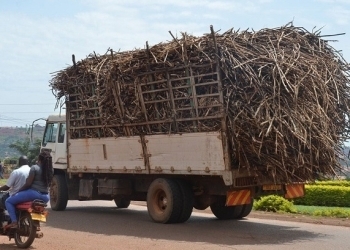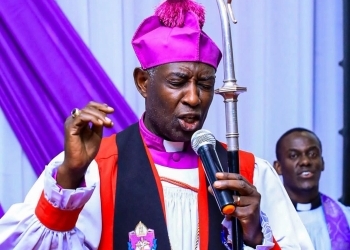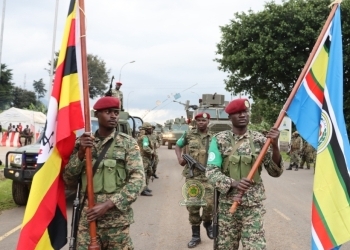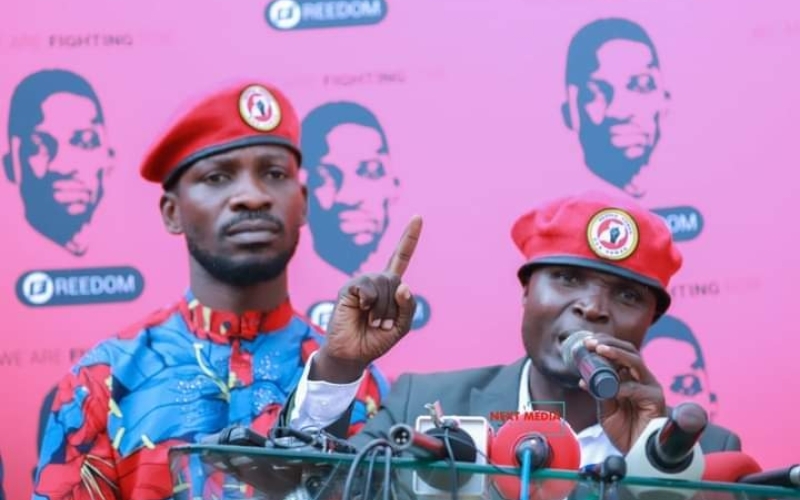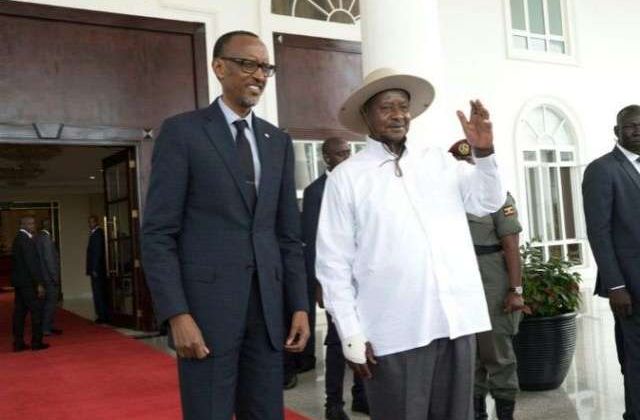
Afterall, it was never an issue of renovations at the Gatuna border, but a political impasse between Presidents Yoweri Museveni of Uganda and his Rwandan counterpart Paul Kagame of Rwanda.
Today, H.E Museveni has thanked his Angolan counterpart, Joao Manuel Lourenco, for overseeing a reinforcement process that has culminated into Uganda and Rwanda signing a pact to improve their political and economic relations.
The President was speaking in the Angolan capital Luanda, shortly after President Paul Kagame of Rwanda and himself signed a memorandum of understanding meant to resolve tensions existing between the two countries.
"I thank President Lourenco and Felix Tshisekedi of DR Congo for coming in so that we share the information we had and ensuring that we have a communiqué with Rwanda," he said.
President Museveni noted that he was already in touch with Mr Kagame to seek a resolution to the issues between the two countries when Presidents Lourenco and Tshisekedi invited him to this summit.
"I was already in touch with President Kagame through our own channels but this came as a reinforcement. We are just re-affirming what we have always held as principles of the African Union," he said during a media briefing at the plush gardens of the Presidential Palace in Luanda.
The leaders of Angola and DR Congo are the facilitators of the agreement whose signing yesterday began with a quadripartite summit on July 12th, where the four leaders met and agreed to begin a resolution process.
The Rwandan President closed borders with Uganda under the guise of renovations earlier this year. A number of people were also allegedly killed by the Rwandan forces when they attempted to cross from Rwanda to Uganda. Authorities also reportedly advised all Rwandans to avoid coming to Uganda as this was dangerous.
But today, the two leaders reached an agreement that left citizens in the two countries excited. Trade relations were in jeopardy after trucks carrying food stuffs and other goods were denied entry into Rwanda.
THE AGREEMENT
In the Luanda Agreement signed today, the Ugandan and Rwandan leaders agreed to respect each other's sovereignty and of neighbouring countries.
They committed to refrain from actions conducive to destabilization or subversion in the territory of the other party or neighbouring countries and also eliminate all factors that may create such perception, as well as financing, training, and infiltration of destabilising forces.
The leaders will respect and protect the rights and freedoms of the nationals of the other party residing or transiting in their national territories, in accordance with laws of their countries.
The pact indicates that the two countries will resume cross-border activities, including movement of persons and goods.
The presidents also undertook, in the spirit of Pan-Africanism and regional cooperation, to comprehensively cooperate in politics, security, defence, trade, and culture.
To implement these resolutions, the leaders agreed to establish an adhoc commission headed by ministers of foreign affairs and composed of ministers of internal affairs/Administration and heads of intelligence, to see this through.
Addressing the media after the signing ceremony, host President Lourenco congratulated Presidents Museveni and Kagame for making the signing of the agreement possible.
"The signing alone cannot replace the problem," he said. "The solution resides in the political will of the leaders to take full commitment to respect what they have signed and we are very certain they will do that."
Co-facilitator President Tshisekedi was also full of praise for the two principals, calling them "great Presidents" who had seen the need to end the conflict and consider the superior needs of their nations.
President Dennis Sassou Nguesso of Congo-Brazzaville, who was chief guest by virtue of being chair of the International Conference on the Great Lakes Region, said the agreement was a reflection of well-known African traditions of solving problems through dialogue.



